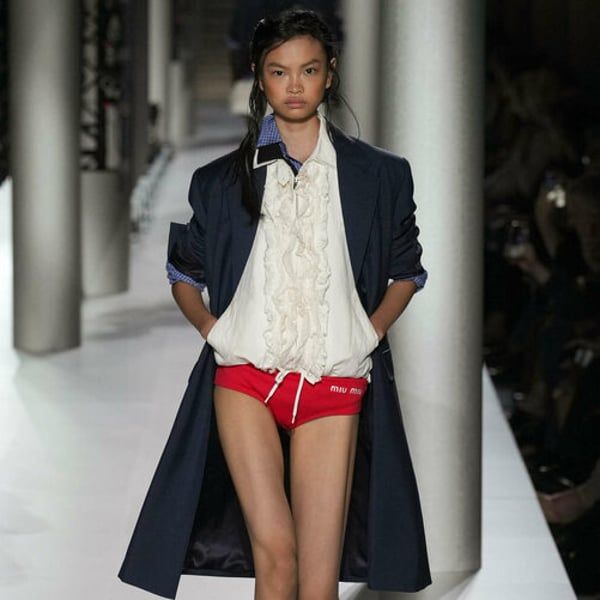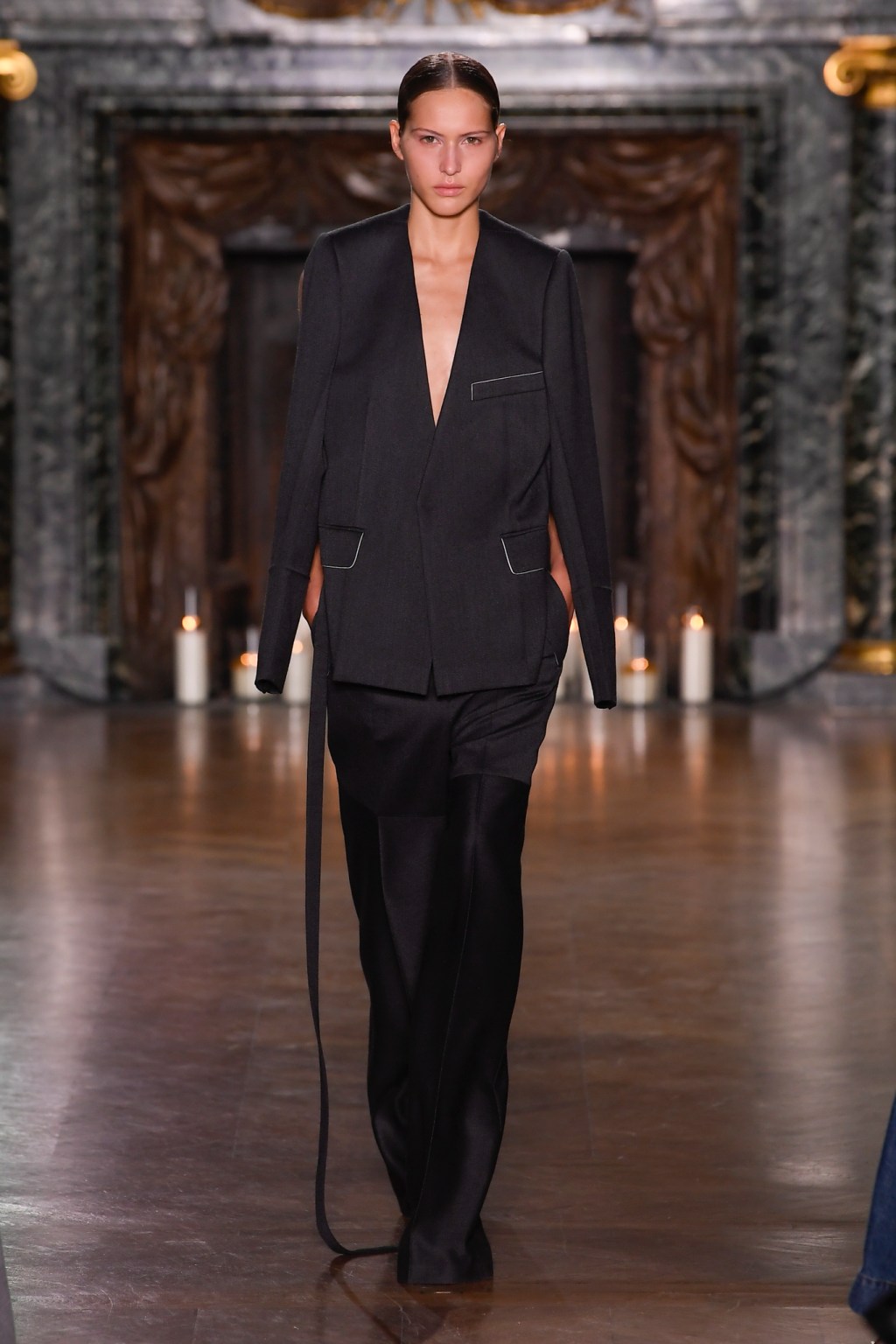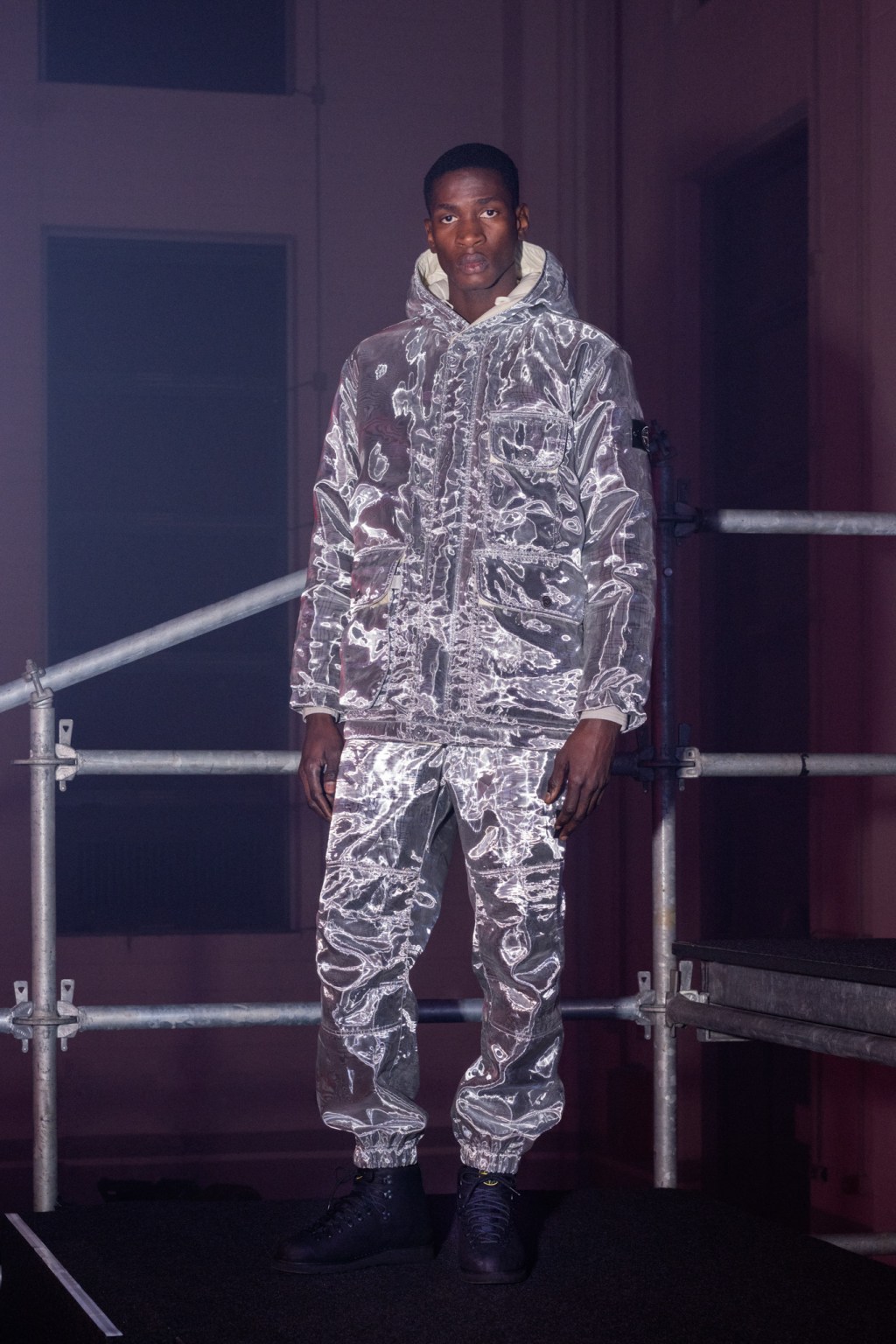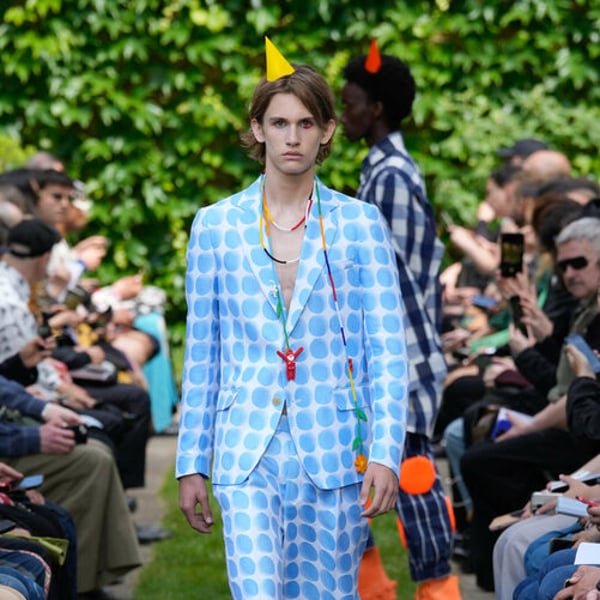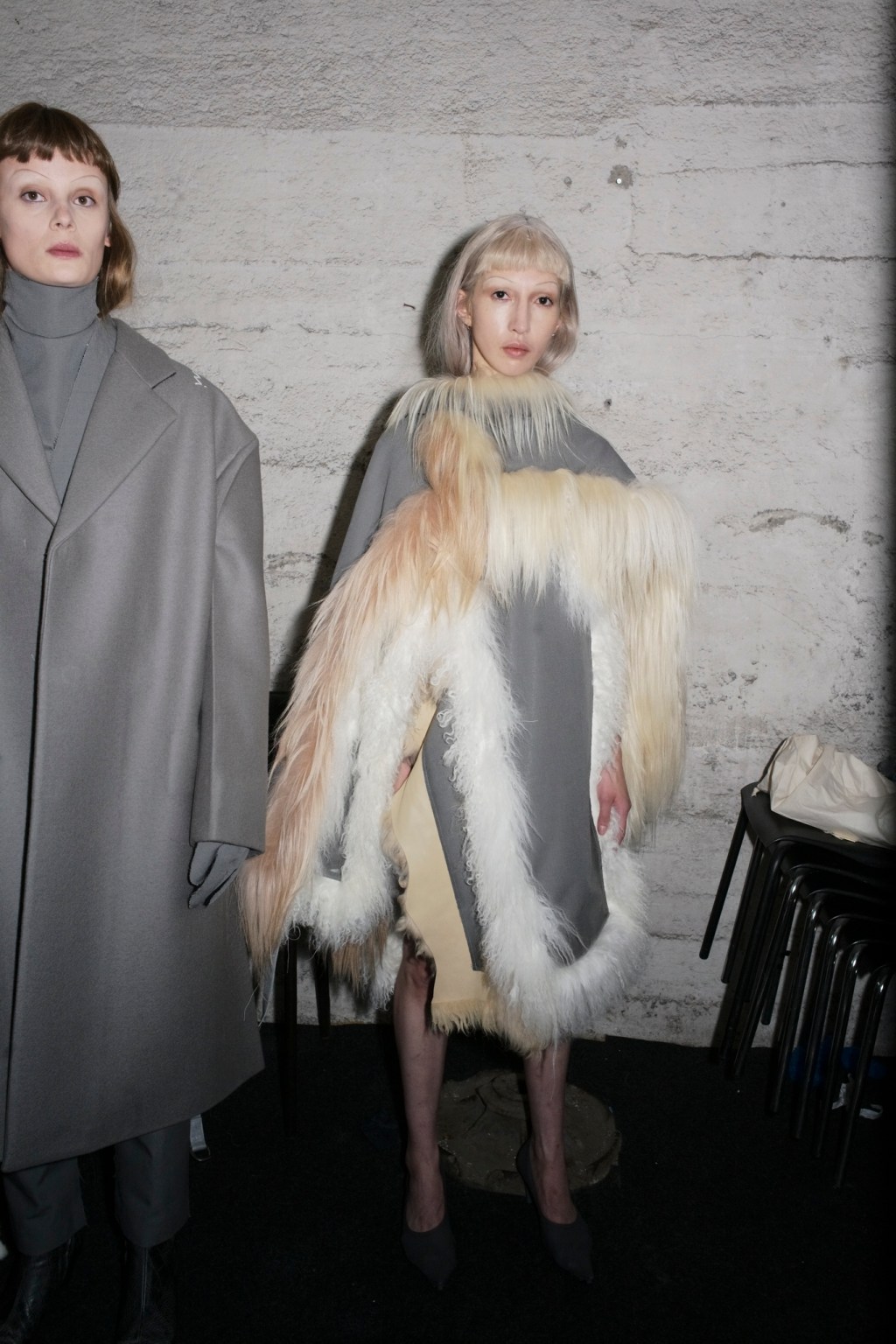By
Bloomberg
Published
February 9, 2024
Just over a year after China ended its Covid-Zero policy, the expected rebound in spending on high-end consumer goods has not lived up to expectations.
L'Oreal shares fell as much as 7.7% on Friday after the cosmetics group's sales were hit by a sharp decline in North Asia. Hermes International, the French luxury group, beat profit expectations but highlighted Asia-Pacific, excluding Japan, as its weakest region.
In China, “the recovery we expected in early 2023 did not happen, as consumer confidence remains weak,” L'Oréal CEO Nicolas Hieronimus told analysts and journalists on Friday.
The results reinforce a trend reported by other fashion houses that indicate that demand among Chinese buyers in the country and when traveling abroad – although improving – remains lower than expected. Instead, it has been other regions, especially the United States and Japan, where luxury sales have in some cases shown surprising resistance.
At Hermes, maker of the coveted Birkin bag, sales in the Americas rose 22% last quarter at constant exchange rates, well above estimates. LVMH, the luxury powerhouse whose brands include Louis Vuitton and Christian Dior, also reported stronger-than-expected demand in the United States.
“Hermes is yet another company confirming the revival of U.S. consumer momentum, thanks to resurgence in confidence and lower inflation,” Luca Solca, an analyst at Bernstein, said in a note on Friday.
L'Oreal's performance in North Asia, which includes China and Korea, continued to suffer from a challenging travel retail market, which particularly affected its premium unit, L'Oreal Luxe. That division includes brands such as Lancome and the recently integrated Aesop, which L'Oréal bought last year.
The Swatch Group failed to achieve the sales record predicted by its chief executive after disappointing the return of customers in China from brands such as Omega and Longines.
Still, there is no sign that companies will scale back their ambitions for Asia's largest economy.
“Yes, the short term remains uncertain,” said L'Oréal's Hieronimus. “But its sheer size makes the Chinese beauty market very attractive. Even if it grew only by a mid-single digit (+6% to be precise), it would add half of Italy every year.”

